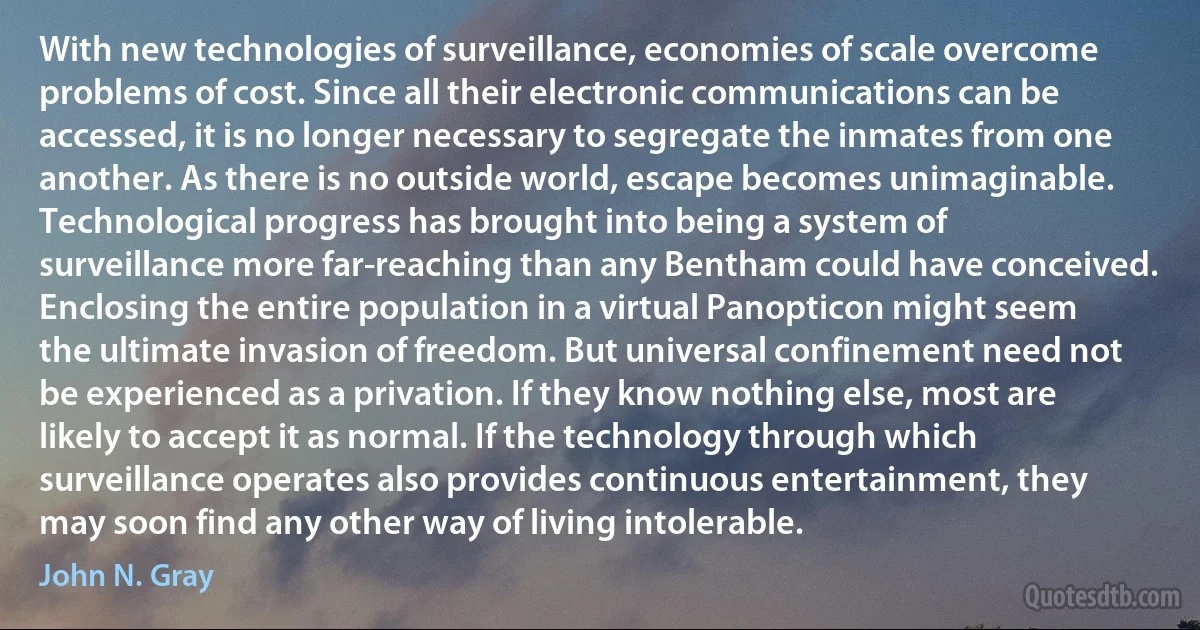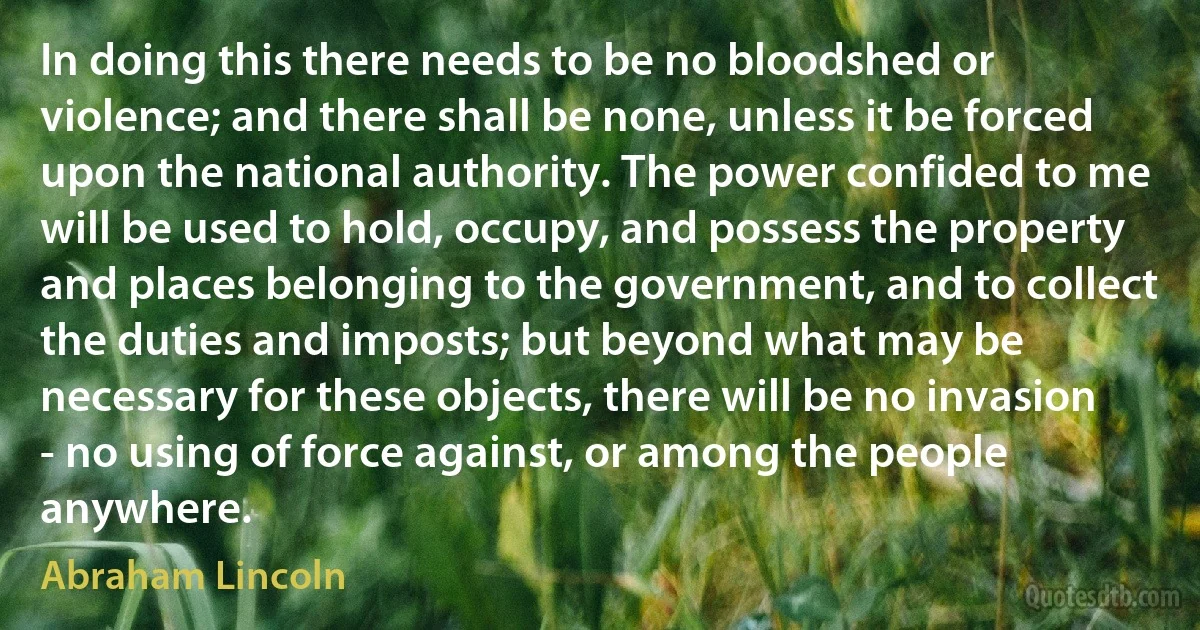Invasion Quotes - page 6
Our people have had the honor to be among those who founded the Union of Soviet Socialist Republics. Despite the innumerable errors, both large and small, it is an undeniable fact that only as a part of the USSR have our people been able to survive Turkish invasion, live within secure borders, and progress economically and culturally. In spite of the current criticisms expressed from every quarter, it is a fact that the inhabitants of the Armenian Soviet Socialist Republic today enjoy a higher standard of living and more security than have Armenians at any other time in their three thousand year history. And all of this has taken place in the face of enormous challenges, including foreign invasion, economic isolation, civil war and an unimaginably costly World War.

Monte Melkonian
The biggest alien invasion picture of the summer of 1996 is Independence Day. But it's not the first. The Arrival, with a significantly lower budget than Fox's July 3 release, has that distinction, and, while this particular film doesn't boast any radical or surprising ideas, it combines numerous familiar plot elements into a suspenseful, entertaining whole. Best of all, perhaps, is the realization that some thought went into writer/director David Twohy's script. This is not a dumb movie; in fact, with its heavy reliance upon real science, it's startlingly credible.

James Berardinelli
Transformers is so belabored that it makes Pirates of the Caribbean: At World's End seem like a masterpiece of pacing. It makes that "classic" midsummer alien invasion movie, Independence Day, seem like a template for inventive plotting and solid character development. Even by Michael Bay standards, this movie is vapid. Yes, there are plenty of explosions, but those are a dime-a-dozen these days; even Discovery Channel's Mythbusters has them. Transformers isn't clean, big-budget fun; it's clean, big-budget tedium. For Transformers fans, I suppose this is a dream motion picture. For everyone else, it's a nightmare.

James Berardinelli
I must tell the House that the Falkland Islands and their dependencies remain British territory. No aggression and no invasion can alter that simple fact. It is the Government's objective to see that the islands are freed from occupation and are returned to British administration at the earliest possible moment...We cannot allow the democratic rights of the islanders to be denied by the territorial ambitions of Argentina.

Margaret Thatcher
As Commander-in-Chief of the Army and Navy I have directed that all measures be taken for our defense, that always will our whole nation remember the character of the onslaught against us. No matter how long it may take us to overcome this premeditated invasion, the American people, in their righteous might, will win through to absolute victory.

Franklin D. Roosevelt
As regards the security of a country against foreign invasion, it is interesting to note that it depends only on the relative, and not the absolute, number of the individuals or magnitude of the forces, and that, if every country should reduce the war-force in the same ratio, the security would remain unaltered. An international agreement with the object of reducing to a minimum the war-force which, in view of the present still imperfect education of the masses, is absolutely indispensable, would, therefore, seem to be the first rational step to take toward diminishing the force retarding human movement.

Nikola Tesla
We cannot tell when they will try to come; we cannot be sure that in fact they will come at all; but no one should blind himself to the fact that a heavy full-scale invasion of this Island is being prepared with all the usual German thoroughness and method, and that it may be launched at any time now. ... Therefore, we must regard the next week or so as a very important week for us in our history. It ranks with the days of the Spanish Armada was approaching the Channel, and Drake was finishing his game of bowls; or when Nelson stood between us and Napoleon's Grand Army at Boulogne. We have read all about this in the history books; but what is happening now is on a far greater scale and of far more consequence to the life and future of the world and its civilization than these brave old days of the past. Every man and every woman will therefore prepare himself to do his duty, whatever it may be, with special pride and care.

Winston Churchill
The big debate in Washington is totally pointless. And the media, about whether Bush downgraded terror in order to invade Iraq. There's nothing to debate. He invaded Iraq. That proves beyond doubt that he downgraded the threat of terror in favor of invading Iraq. They anticipated, and their own intelligence agencies told them, and everyone else did too, that invasion of Iraq was likely to increase the threat of terror. It's not a high priority, so they invaded Iraq because that's much higher priority.

Noam Chomsky
2) We, on our part, would agree - upon the establishment of adequate arrangements through the United Nations to ensure the carrying out and continuation of these commitments - (a) to remove promptly the quarantine measures now in effect and (b) to give assurances against an invasion of Cuba. I am confident that other nations of the Western Hemisphere would be prepared to do likewise.

John F. Kennedy
All portions of this confederacy should act in harmony and with careful deliberation. The Democrats cry John Brown invasion. We are guiltless of it, but our denial does not satisfy them. Nothing will satisfy them but disinfecting the atmosphere entirely of all opposition to slavery. They have not demanded of us to yield the guards of liberty in our state constitutions, but it will naturally come to that after a while. If we give up to them, we cannot refuse even their utmost request. If slavery is right, it ought to be extended; if not, it ought to be restricted, there is no middle ground. Wrong as we think it, we can afford to let it alone where it of necessity now exists; but we cannot afford to extend it into free territory and around our own homes. Let us stand against it!

Abraham Lincoln
The bloody massacre in Bangladesh quickly covered over the memory of the Russian invasion of Czechoslovakia, the assassination of Allende drowned out the groans of Bangladesh, the war in the Sinai Desert made people forget Allende, the Cambodian massacre made people forget Sinai, and so on and so forth until ultimately everyone lets everything be forgotten.
In times when history still moved slowly, events were few and far between and easily committed to memory. They formed a commonly accepted backdrop for thrilling scenes of adventure in private life. Nowadays, history moves at a brisk clip. A historical event, though soon forgotten, sparkles the morning after with the dew of novelty. No longer a backdrop, it is now the adventure itself, an adventure enacted before the backdrop of the commonly accepted banality of private life.

Milan Kundera



